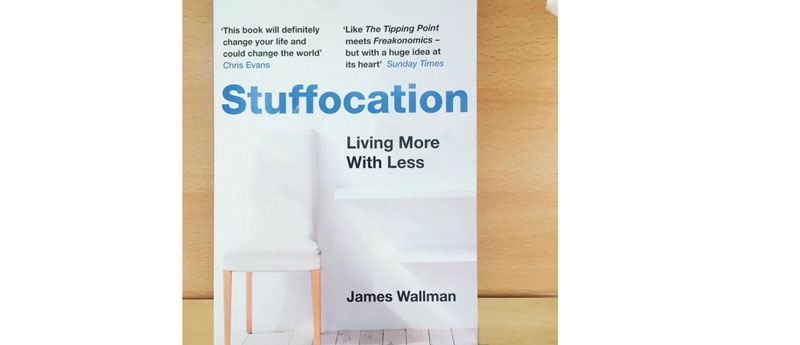Michael Bhaskar says, somewhere in the middle of the second chapter of his book, that we’ve become impatient.
To prove his claim, he has collected a wide variety of data and statistics, some amazing and the others irrelevant, just to take you to the border of impatience when you reach his claim.
Anyway, besides all excessive data provided in the second chapter, the main idea is really important to note: we’re facing a world with so many excessive materials.
Citing James Wallman’s book, ‘Suffocation’, Bhaskar argues that more than any era in human history, we are eager for getting more without being concerned about having more.

Overload as a good problem
Bhaskar refers to overload as a good problem. By ‘good’ he means that this problem is not a genuine problem, but a problem arisen from our solutions to the scarcity as a more fundamental problem.
However, he emphasizes that having a good problem doesn’t mean that we haven’t any problem. Even good problems can become more fundamental if we leave them unattended:
The acceleration of flows – flows of capital, ideas, data, products, people and media, takes its toll on us as human beings.
The new locus of value
The entire chapter revolves around the new locus of value.
Since the industrial revolution, the largest portion of financial value was generated through increasing the production capacity. But as we have oversupply in many areas now, the locus of value is shifting to curation.
People, companies, and products that help people to filter the world around and pick a few useful items will be the winners of the new era.
Information overload, in Bhaskar’s view, is one of the leading fields with the overload problem. However, the problem is emerged on a global scale and beyond a specific sector.
Related article: The context of the curation
Related article: Curation as the power of selection in a world of excess






